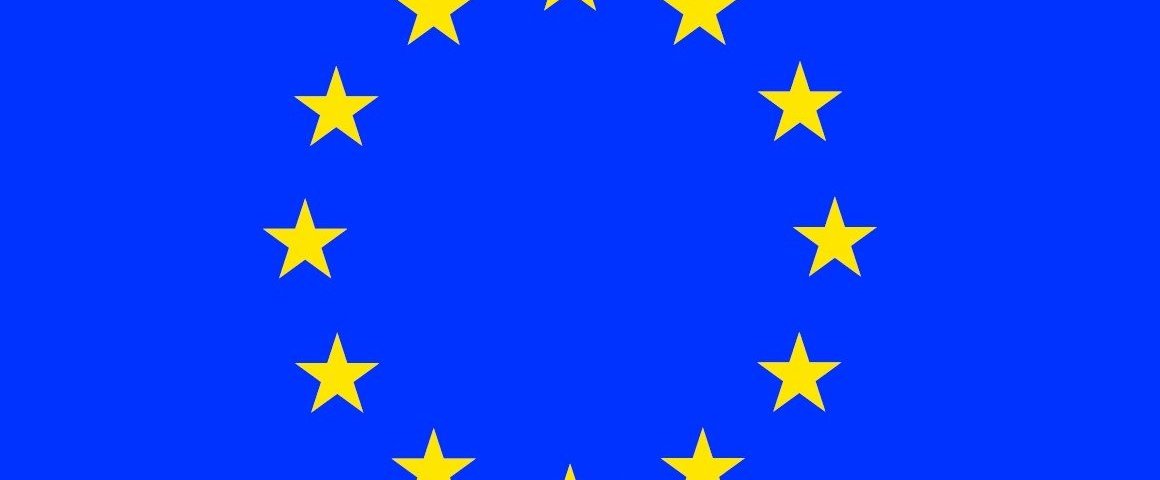Broodje Politiek: Chances and challenges of EU external relations | Taking Back Control
12 maart 2019 12:40 t/m 13:30 - Locatie: TU Delft Library, Orange Room - Door: Studium Generale | Zet in mijn agenda
In English | Free Entrance | Free Sandwich (for security reasons no more than 70 people allowed entrance)
By: Christina Eckes
When external relations powers are transferred from the national to the EU realm, either by Treaty amendment or through the case law of the Court of Justice, this constrains national governments. At the same time, a transfer of powers increases the ability of EU citizens to control via the European Parliament (EP) central aspects of international relations, such as the conclusion of international trade agreements.
In fact, EU citizens are comparatively more powerful in controlling EU external relations via the EP than national citizens are in controlling the external actions of national governments. However, citizens nonetheless experience the constraints on national authorities more strongly than their own increased ability to control EU external actions. This makes it difficult but also crucial for the EP and its individual Members to explicate their powers over EU external actions. Citizens’ ability to take control of international relations via the European Parliament is in fact a central element in justifying not only the Union’s external powers but also the necessary constraints that Union external actions impose on national governments.
Christina Eckes is Professor of European law, Amsterdam Centre for European Law and Governance (ACELG), University of Amsterdam
